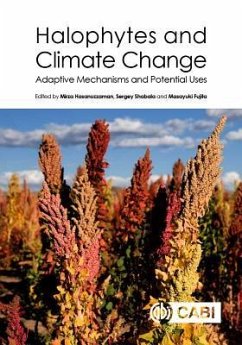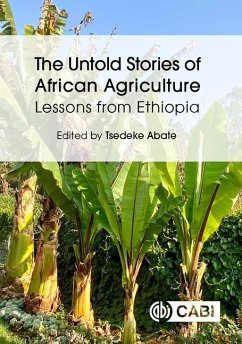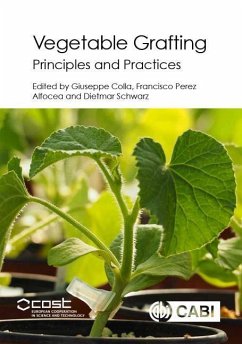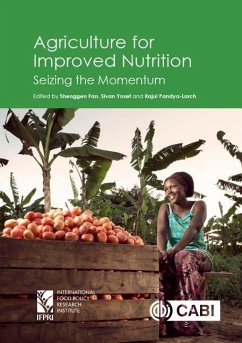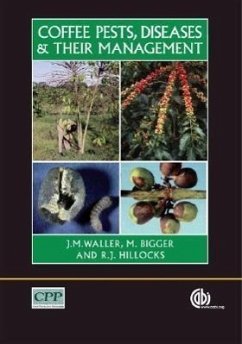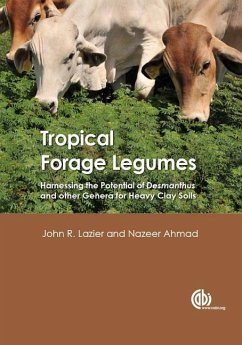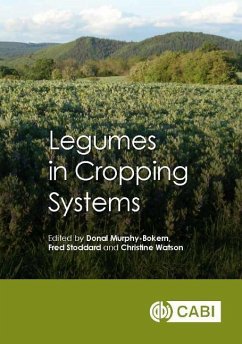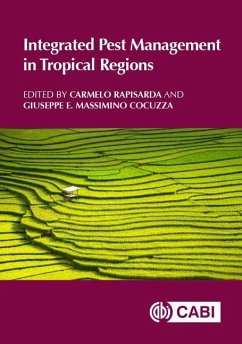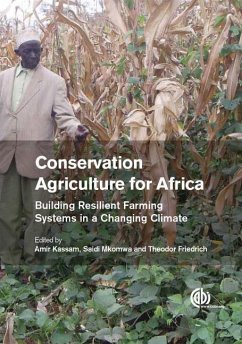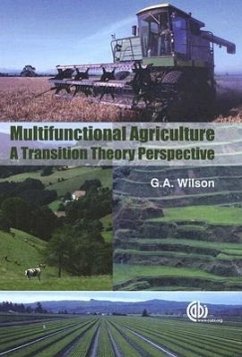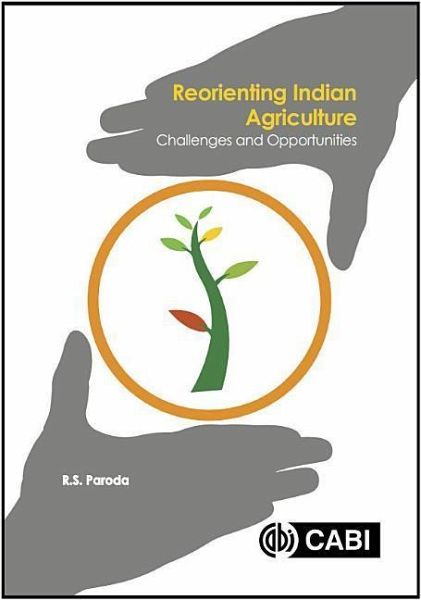
Reorienting Indian Agriculture
Challenges and Opportunities

PAYBACK Punkte
27 °P sammeln!
Despite multiple revolutions, daunting challenges face agriculture. How can it address poverty and hunger, including malnutrition? How much is it responsible for degradation of natural resources (soil, water, agrobiodiversity) and climate change? How can agricultural diversification, and secondary and speciality agriculture help in improving productivity, sustainability and farmer income? Can integrated natural resource management (including conservation agriculture, innovative extension, agricultural education and an enabling policy environment) help achieve resilience and faster agricultural...
Despite multiple revolutions, daunting challenges face agriculture. How can it address poverty and hunger, including malnutrition? How much is it responsible for degradation of natural resources (soil, water, agrobiodiversity) and climate change? How can agricultural diversification, and secondary and speciality agriculture help in improving productivity, sustainability and farmer income? Can integrated natural resource management (including conservation agriculture, innovative extension, agricultural education and an enabling policy environment) help achieve resilience and faster agricultural growth? This book sketches a journey from green to an evergreen revolution through reorientation of Indian agriculture to address emerging challenges. It covers global agriculture, genetic resource management, crop breeding (including biotechnology), seed production technology, agronomy, innovative extension, motivation of youth (including women), climate change and policy reforms for improving farmers' income. It provides insight into: - India's agricultural scenario, and the strength of agricultural research for development. - Better ways of managing natural resources for sustainable farming systems. - Climate-smart, diversified and resilient agriculture for improved productivity and income. - The need to reorient research, development and related policies concerned with agricultural research and innovation for development (ARI4D) to harness new opportunitiesThis book is for researchers, students and policymakers interested in agricultural policy, increased food production, rural development and natural resource management, especially: general agriculture, genetic resources, crop breeding, seed development, agricultural biotechnology, agronomy, international agriculture, climate change and sustainable agriculture.




